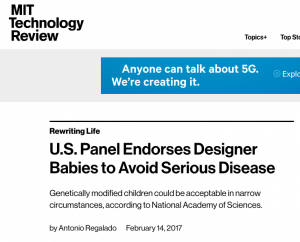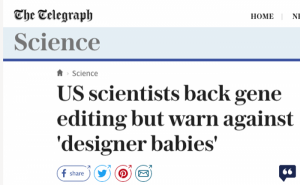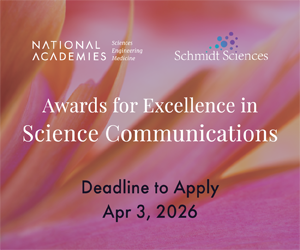By Cadence Bambenek
BOSTON — Strong media literacy must be taught as early as elementary school, and journalists and scientists need to ensure accuracy of the information they distribute, to curb the spread of misinformation, particularly in the age of social media, experts say.
Over the past year, the phrase "fake news" has come to describe a pattern of deliberate misinformation, including online articles shared on social media from seemingly reputable websites. But these sites, with almost-credible URLs such as ABCnews.com.co (the real news organization's website is ABCnews.com) or usatoday.com.co (versus the real usatoday.com), serve not to enlighten, but to spread falsehoods and hoaxes, generally with the goal of garnering page views. During the U.S. presidential election, for example, teenagers in the nation of Macedonia churned out unfounded, sensationalist articles to turn a profit on penny-per-click advertising.Many speculate that the proliferation of such fake news reports via social media played a role in the most recent U.S. presidential elections, and could have far-reaching adverse effects not just in politics, but also in matters of health, science and policy. In response to the rapid evolution of digital media and concern over fake news, researchers are looking for ways to either rein in the practice or lessen its impacts, in large part by working to improve media literacy.
"This is hard, even for adults," said Julie Coiro, a media researcher at the University of Rhode Island, during a Feb. 18 panel at the American Association for the Advancement of Science annual meeting. "It takes a lot of cognitive effort. Who wants to stop — when we can click so quickly — to actually think, ‘Wait a minute, who wrote this, and what does that mean for the information that's on this page?'"Pointing to examples of how media outlets cover science news, Dominique Brossard, a life sciences communications professor at the University of Wisconsin-Madison, said science journalists and publications bear some responsibility for the dissemination of misinformation.
In covering a recent story on genetic modification, for example, MIT's Technology Review magazine sported the inaccurate but eye-catching headline, "U.S. Panel Endorses Designer Babies to Avoid Serious Disease."
A more accurate and nuanced telling is reflected in the Telegraph's headline, "U.S. scientists back gene editing but warn against ‘designer babies.'"
Brossard's suggestions for improving the accuracy of science communication include better communication among scientists and journalists, institutional measures to correct misinterpretation of findings, and removal of retracted studies from search engine databases.
Despite the best efforts at accuracy, however, increased political polarization can lead to misinterpretation of scientific and other findings. Often, news consumers may dismiss or rationalize away data that contradicts their worldview on issues ranging from climate change to fracking to gun control. In a study submitted to the journal Behavioural Public Policy, Dan Kahan, a Yale Law School professor of law and psychology, found that many highly educated individuals tend to feel an even more intense sense of certainty about their original position when presented with facts that contradict what they believe.
"Nobody gave them any misinformation in this study," Kahan said. "They were misinforming themselves about the data."
But misinformation can be tackled if people seek out the best evidence on which to base their conclusions, Cairo said. Teaching students how to evaluate media reports can help. And exposing them to how online content is created and published could "lift the hood" on digital media and demystify how information and misinformation make their way to the public.
Cadence Bambenek is a senior at the University of Wisconsin–Madison, majoring in journalism and Mandarin. Reach her at hello@cadencebambenek.com or tweet @CadieJoBambi.




